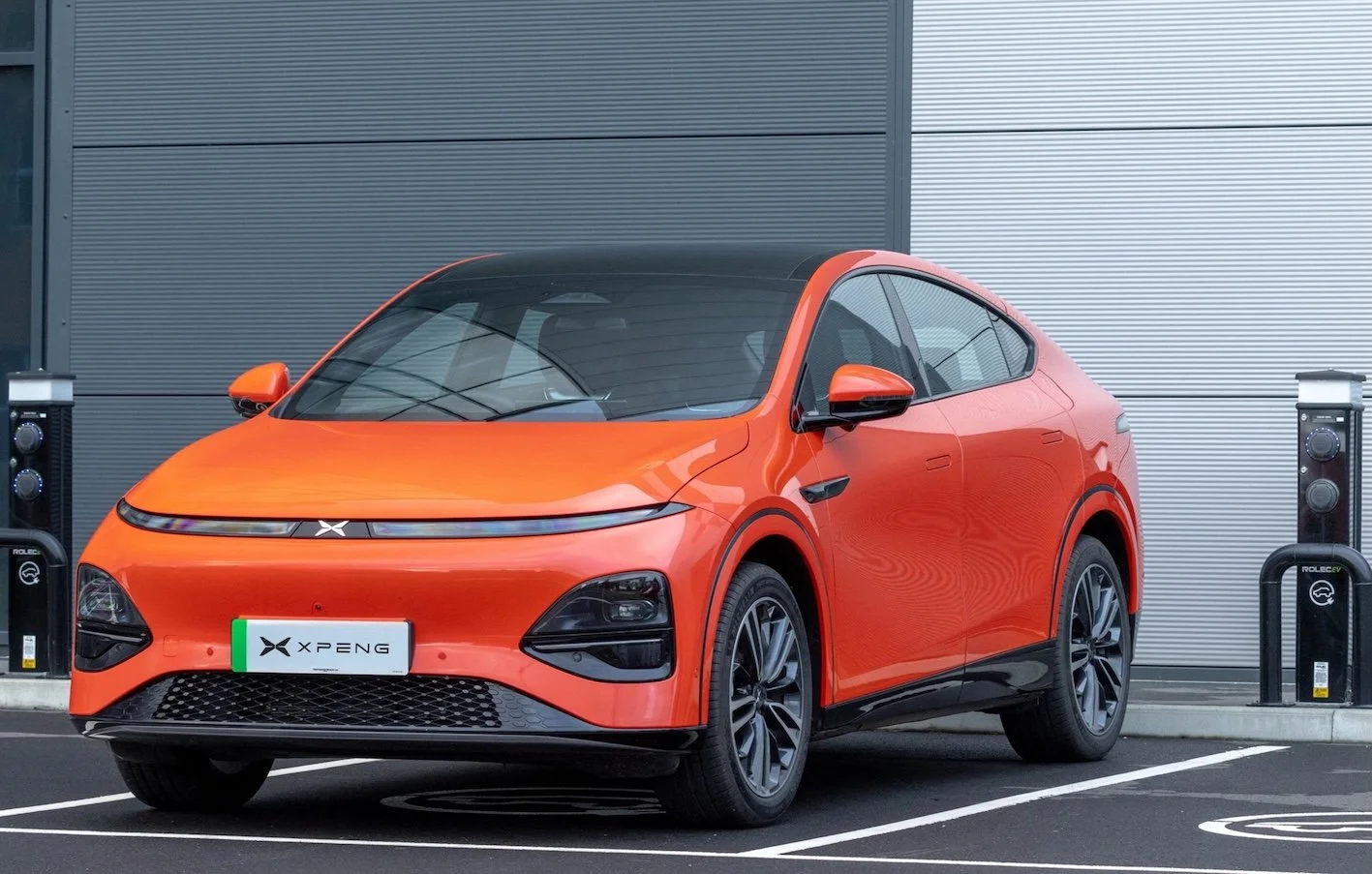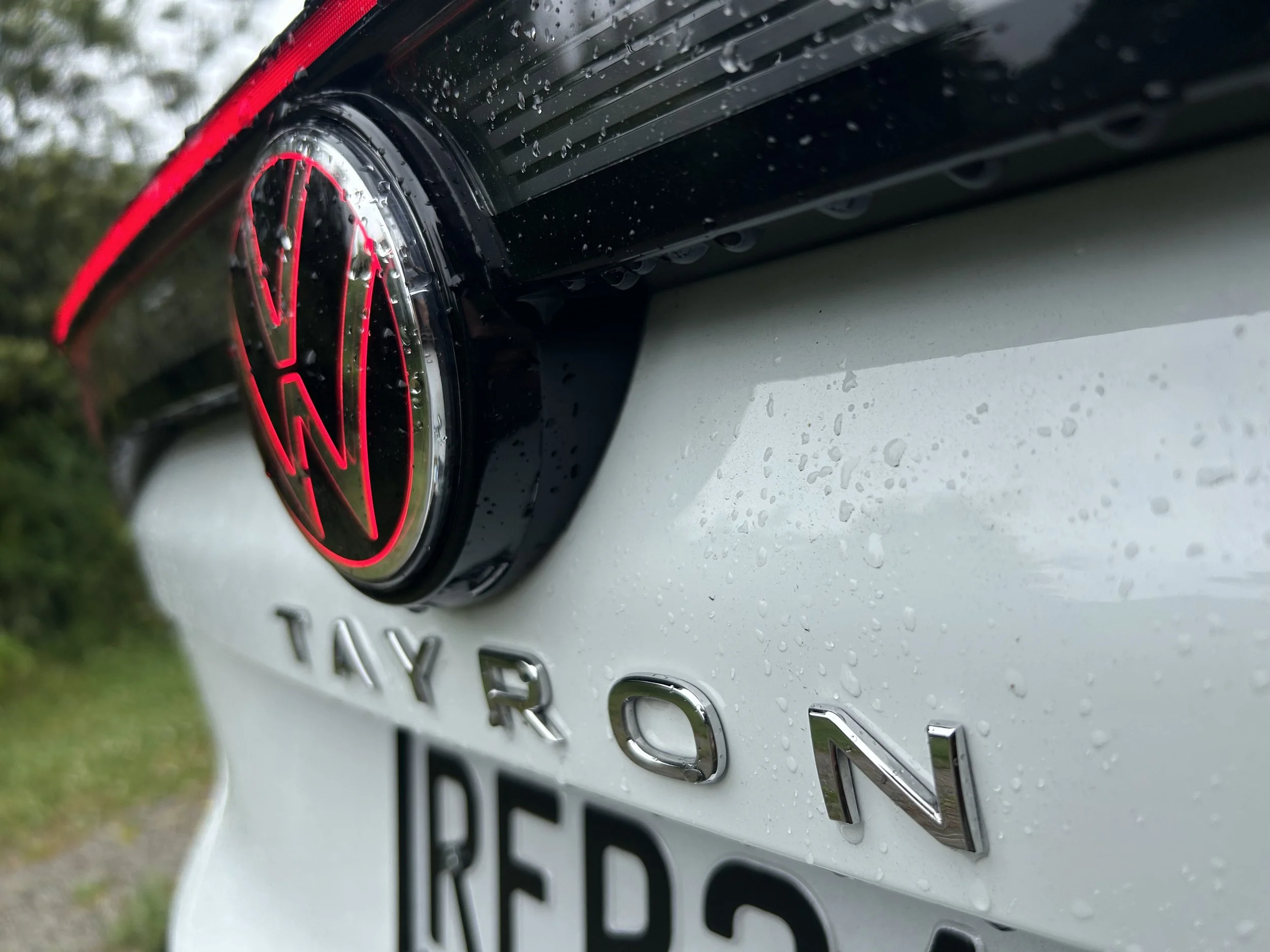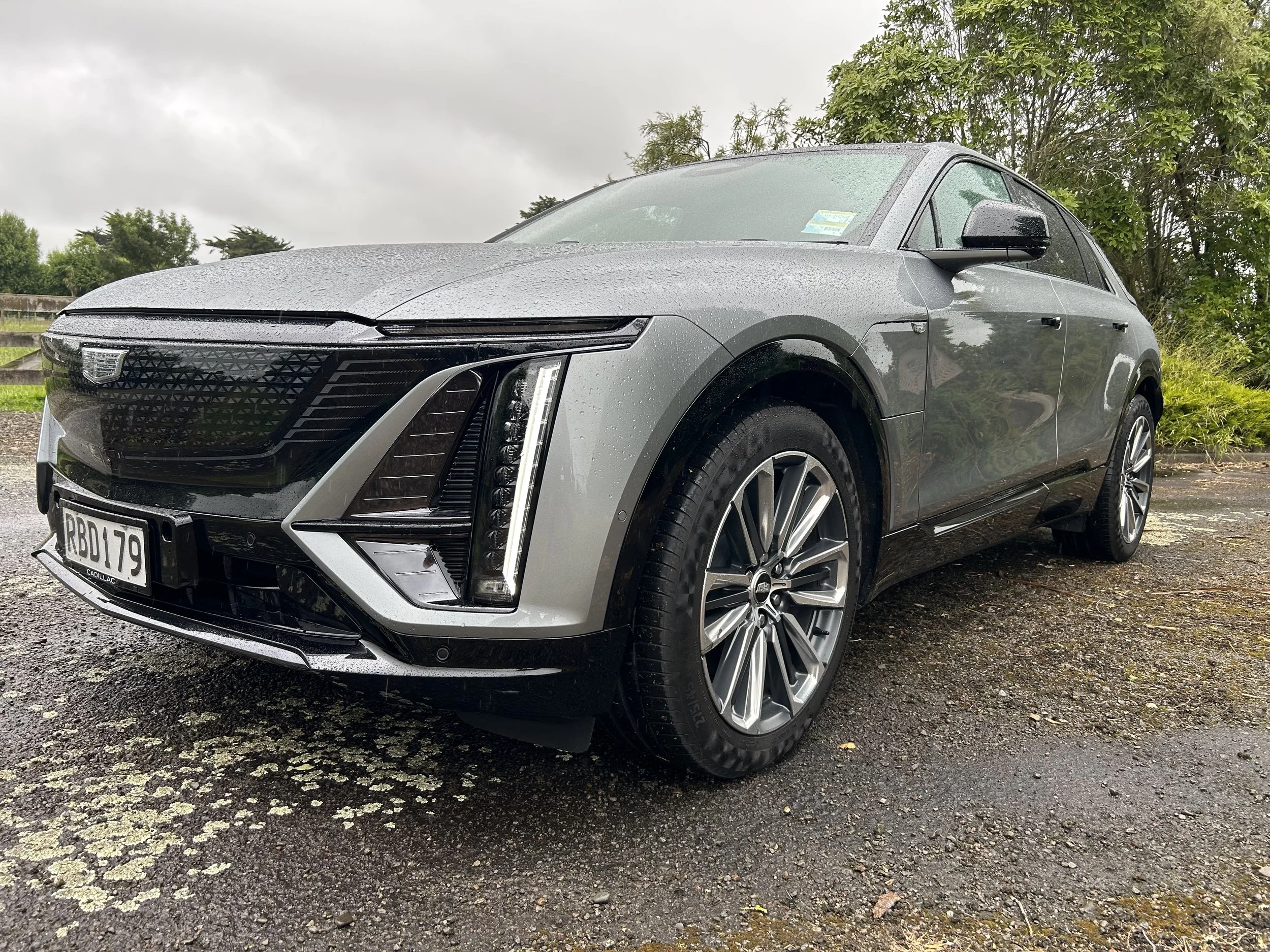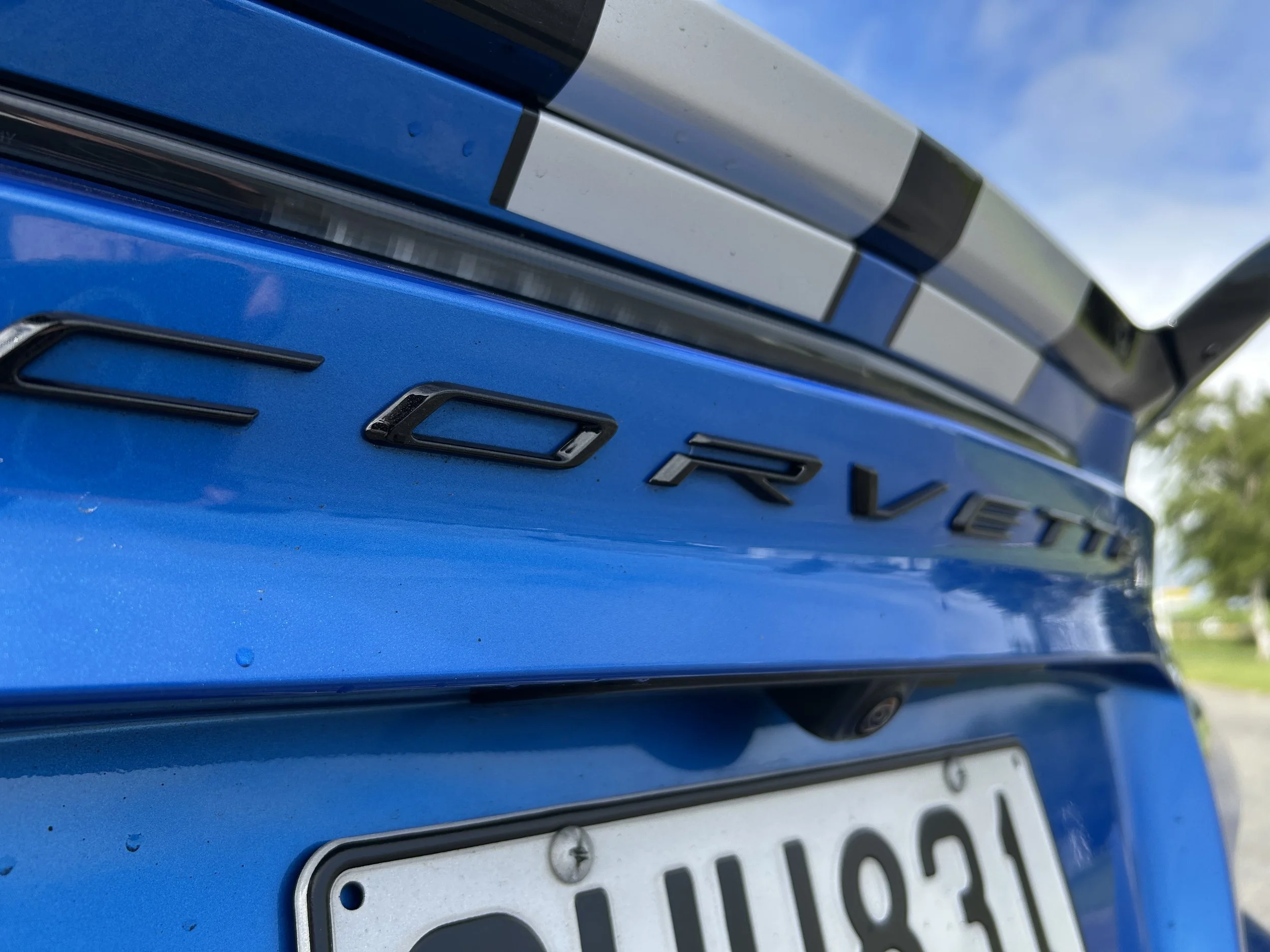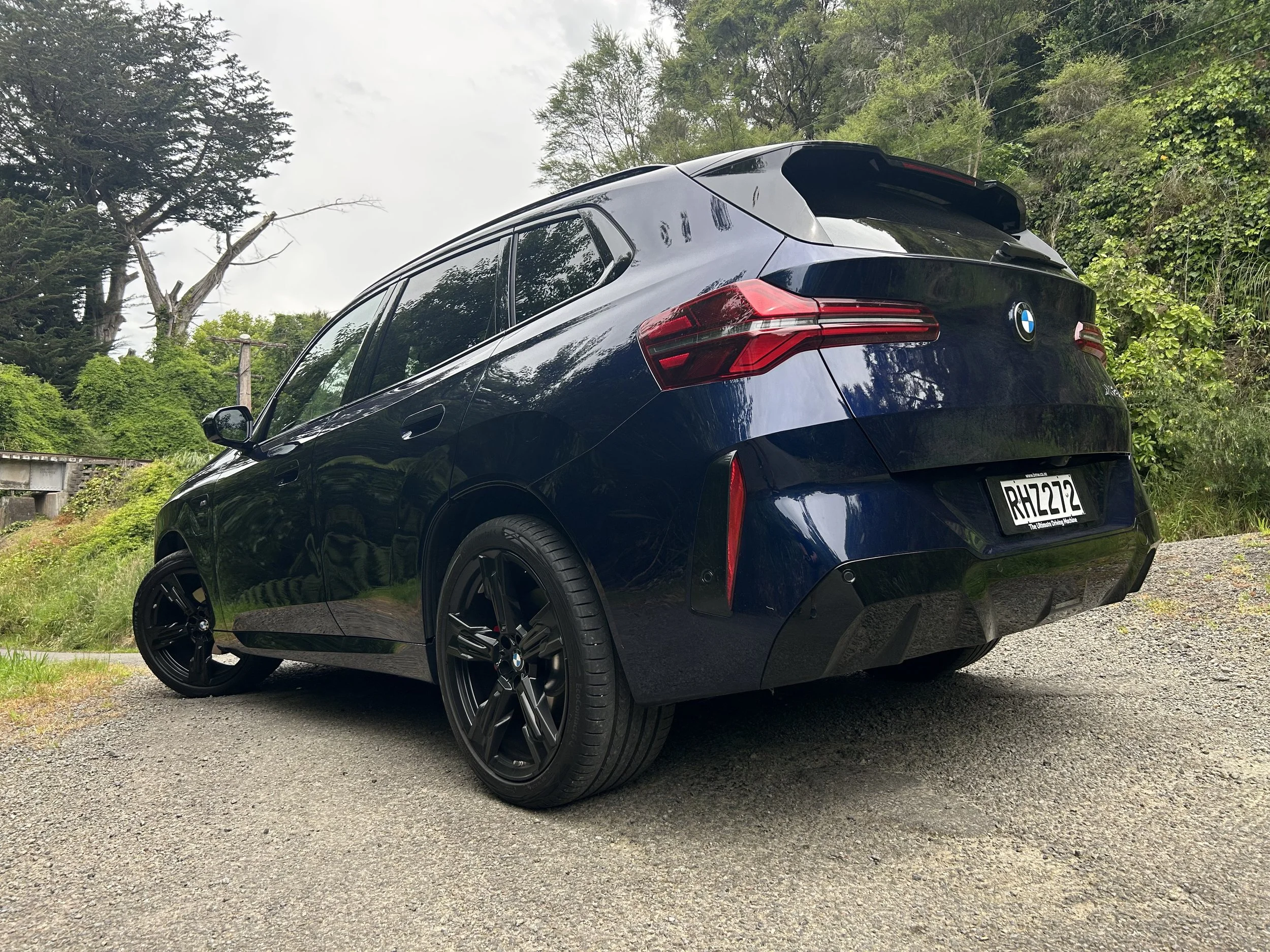Loan scheme gives new life to ghosts
/Recipients of Highlanders loaned by Toyota as a small business assistance won’t need to run them in. That’s been well and truly taken care of.
LOANING cars to struggling businesses potentially helps the country’s biggest brand ease a headache Covid-19 might hardly improve.
Toyota New Zealand’s intent to provision 100 Highlander sports utility vehicles to small businesses nationwide for a year’s free usage comes with a caveat it has been happy to discuss. To a point.
Though current models, small print with the Small Business Driver package clearly relates the 3.5-litre V6 seven-seaters in mid-level GXL trim are not as might be imagined: Brand-new examples of this $58,490 car.
What’s on offer is stock first registered in 2018 and likely to have 30,000km to 45,000km on the clock, apparently accrued from toting tourists.
Plucked from the in-house Signature Class used vehicle processing programme, the Highlanders are from what is perceived within the broader industry to be a massive count of vehicles laid up in what could be called TNZ’s ‘ghost fleet’.
Which is? A raft of mainly ex-rentals the market leader has acquired through buy-back agreements far less common now and then parked up for months … perhaps years.
This the result of TNZ having been unable to push them through used car channels en mass, for fear of causing a glut that might collapse used car prices.
Instead, they sit inactive in what has been derisively called, by rival brands, a ‘rental swamp’. Holding yards and warehouses. Some there for so long that – according to talk - registrations have retired, batteries depleted and tyres squared.
Industry lore relates enough vehicles are in a limbo to likely be costing the brand many thousands of dollars annually in upkeep and storage fees. Can that be true?
TNZ has been asked on numerous occasions, including during compilation of today’s story, to offer clarification. Every request has been met the same way. With silence.
As much as chief executive officer Neeraj Lala was happy to share his enthusiasm about the loan scheme – which is, beyond doubt, a very generous opportunity – he declined to deal with a host of follow-up questions relating to the cars’ provenance and the state and size of the stockpile.
The finer details of what’s on offer currently were passed on by a potential applicant who, while a little surprised by the cars’ suggested histories, was not particularly perturbed.
“A free car is a very generous offer, no argument. As it turns out, I don’t qualify because another of the stipulations is that you have to be a recipient of the Government’s wage subsidy, but it’s a good concept.”
An industry involver spoken to subsequently also thought the idea was interesting.
“It’s a rental swamp and the swamp needs draining ... this is what has to be done.
“They’re probably not making anything on it. But it at least gets some vehicles back on the roads and free of storage fees that, while quite cheap on a per day per car basis, soon adds up to a chunk of change when you’re talking big counts for long term.”
‘Buy-back’ was said to be a core ingredient of when Toyota basically sought to corner the national fleet business, which some years accounts for up to 80 percent of new car sales.
Since 2018 TNZ has sought to swing its focus back to private buyers with its Drive Happy programme that aims for fair pricing and says it has detuned the intensity and scale of its fleet push.
Even so, it still agrees to discount to large-scale purchasers and, as a glance around any airport carpark (at least pre-Covid) would confirm that, while other brands have come back into hirer circles, there are still a lot of Corollas, Highlanders and RAV4s behind those rental placards.
And 2018 appears to have been the last big year, with industry statistics showing 1660 Highlanders having gone into rental, whereas just 179 followed last year. The majority were GXL variants.
Now, of course, there’s coronavirus, which has certainly dented the car trade and is doing those brands supplying rental providers no favours.
Distributors have been pressured to take back stock – often in as-new condition - now standing idle and waive delivery of incoming product.
That’s a big ask: June has historically been a big month for rental car fleet replenishment to cope with the tide of winter tourists. TNZ indicated recently it is challenged by this; it doesn’t want to upset core corporate clients, but neither can it afford to assume responsibility for pre-agreed consignments.
With the Highlanders, it’s not quite a matter of first in, first served: Only small businesses with fewer than 20 employees are eligible and applicants are vetted by a selection panel.
The scheme has been created in conjunction with MediaWorks, and includes a share of $1 million of advertising with the media company for successful applicants.
Those interested in applying have until 11.59pm on June 9 to apply.
Perhaps, at the end of the exercise, users might receive tasty opportunity to purchase the vehicles outright.
Of course, they have to weigh up the deal against the fuel costs. The V6’s taste for petrol is a core reason why the next-generation Highlander, coming next year, will only be offered as a four-cylinder hybrid.






